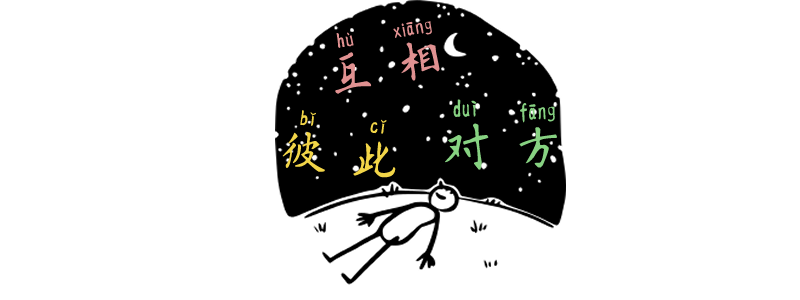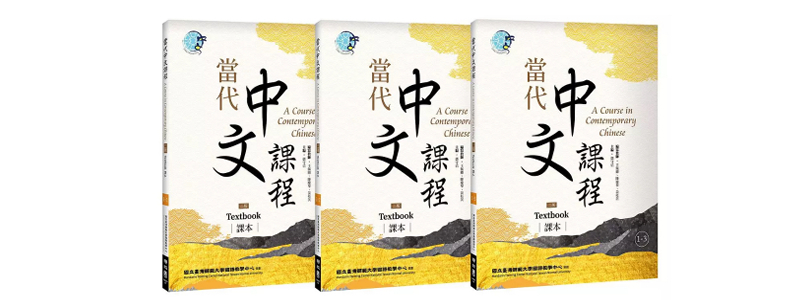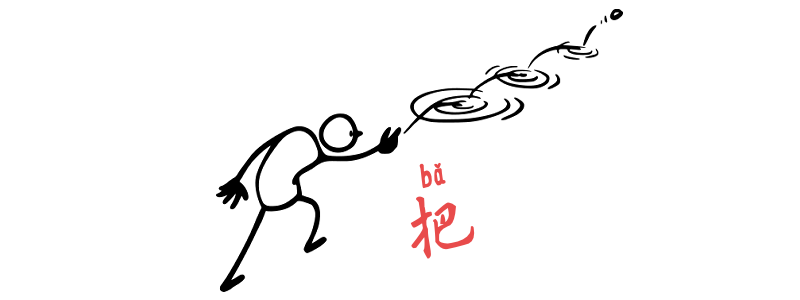Before we start, let’s have a small quiz. Do you know which one is incorrect? A 我們wǒmen喜歡xǐhuān互相hùxiāng我们wǒmen喜欢xǐhuan互相hùxiāng B 我wǒ喜歡xǐhuān彼此bǐcǐ的de個性gexìng我wǒ喜欢xǐhuan彼此bǐcǐ的de个性gexìng C 你nǐ為wèi對方duìfāng做zuò了le什麼shénme你nǐ为wèi对方duìfāng做zuò了le什么shénme 對对方 duìfāng – the other person, the other side 📌 Actually, 對方 duìfāng doesn’t mean “each other” at all in English, but since so many students confuse it with 彼此 bǐcǐ and 互相 hùxiāng, I decided to include it…
Author: tiffany
B1 L4 Vocabulary and Practice
There’s a small menu in the bottom right corner where you can choose how you want to review. Options include:
老屁股 lǎo pìgǔ
老屁股 lǎo pìgǔ (Taiwan only) N. (Literal meaning is “old butt”) 老屁股 lǎo pìgǔ is a casual Taiwanese slang term for someone who’s been in a company or group for a long time. It usually refers to a veteran who knows all the tricks, understands the office politics, and often knows how to slack off…
B1 L3 Vocabulary and Practice
There’s a small menu in the bottom right corner where you can choose how you want to review. Options include:
B1 L1 Vocabulary and Practice
There’s a small menu in the bottom right corner where you can choose how you want to review. Options include:
B1 L2 Vocabulary and Practice
There’s a small menu in the bottom right corner where you can choose how you want to review. Options include:
Adverbs for Degree 2 – 特 tè, and 异常 yìcháng
Grammar Point:In Chinese, both 2 adverbs 特 tè and 異异常 yìcháng are used to express a high degree of something, but they differ in tone, formality, and usage context. 特 tè – Especially, particularly, very 特 tè + Adj or V 特 tè is used to emphasize a certain degree or highlight something as especially true compared to others. It’s commonly used…
Synonyms of “Want” in Chinese
In Chinese, there are 3 common ways to express “want”: 要 yào, 想要 xiǎngyào, and 想 xiǎng. While they can all be translated as “want” or “would like,” the differences lie in how strong the desire is, how certain the speaker is, and who typically uses it. 要 yào — Strongest, most certain 我wǒ要yào學xué中文zhōngwén我wǒ要yào学xué中文zhōngwénI want to study Chinese.(This shows a firm decision. The speaker has likely…
Chinese Connecting Components
Grammar Point:而 ér, 同 tóng, and 與与 yǔ are three connectors commonly seen in formal or written Chinese. They are used to link words, phrases, or clauses. These connectors are rarely used in everyday spoken language and are typically found in settings such as news reports, official documents, speeches, and academic writing. 而 ér – but, and, yet 而…
Direction Complement with 把 bǎ
What is a Direction Complement? A direction complement describes where an action moves. Especially movement toward or away from something. Common examples include: These can be combined: What is 把 bǎ? 把 is a grammatical structure used to emphasize how an object is handled or affected by an action. Structure 把 + (neg- or adv.) + object + verb phrase When you use direction complements with 把,…






